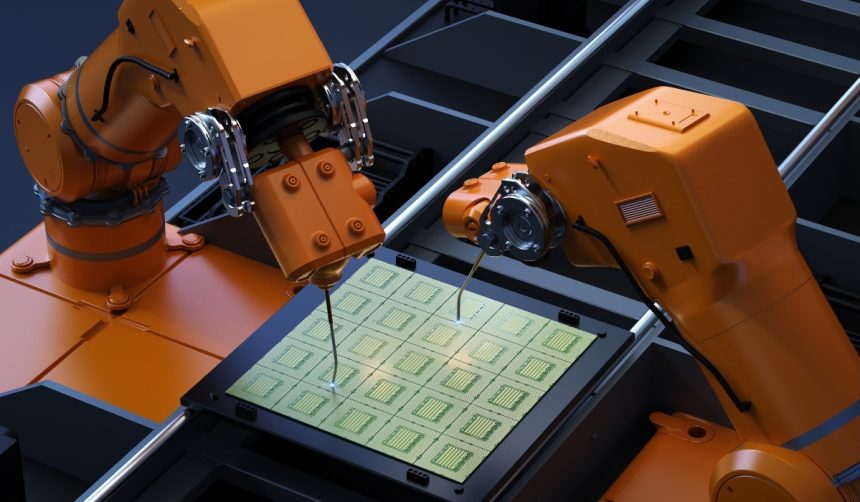In a move to address rising demands on healthcare logistics, Swisslog Healthcare has announced a collaboration with Diligent Robotics to deploy Moxi robots for last-mile deliveries within U.S. hospitals. As healthcare facilities face pressure to optimize resources and staff time, this partnership offers an approach to automate routine hospital deliveries. The initiative aims to balance greater efficiency with maintaining accuracy in tracking sensitive items. Expanding on their established presence in pharmacy automation and hospital logistics, Swisslog Healthcare will integrate these AMMRs (Autonomous Mobile Manipulation Robots) with current systems.
When the Moxi robot was first introduced, early reports mainly highlighted its ability to complete repetitive tasks such as delivering lab samples and medication, helping reduce nurse workloads. The scale of adoption was limited to pilot sites, and sustained integration into broader hospital operations remained uncertain. This new alliance with Swisslog Healthcare, which has significant reach across U.S. hospitals through its transport and pneumatic tube systems, suggests a shift toward larger-scale deployment and integration. Unlike small-scale rollouts in earlier years, the current approach focuses on streamlined integration with existing infrastructure, promising broader impact on hospital workflow.
How Will the Swisslog-Diligent Partnership Work?
Swisslog Healthcare and Diligent Robotics will combine their strengths to provide comprehensive automation solutions for hospital logistics. Moxi robots, designed to handle both controlled medications and sensitive materials, will work alongside Swisslog’s pharmacy automation and pneumatic tube systems under the TransLogic brand. This integration is meant to reduce operational waste and improve productivity, supporting staff and patient needs more reliably. Ray Castro from Swisslog Healthcare emphasized:
“For our customers who have been asking for reliable, efficient last-mile delivery robots that integrate seamlessly with existing workflows, this cooperative effort with Diligent Robotics allows us to connect them with a proven solution for smarter and safer deliveries that staff and patients trust,”
highlighting the pressing need for effective last-mile delivery options.
Can Robotic Delivery Reduce Hospital Staff Burdens?
Moxi robots are already in use in over 25 U.S. hospitals, reportedly completing over one million deliveries, including 300,000 from pharmacy departments. These deployments indicate that automation can successfully shoulder logistical burdens, freeing nurses and clinicians to focus more on direct patient care. Swisslog Healthcare stated that automation of last-mile transport of goods, especially those too large or sensitive for tube systems, will further remove manual transport demands from staff. The enhanced tracking and tracing capabilities also serve to minimize the risk of misplaced or delayed items.
What Motivates Investment in Hospital Service Robotics Now?
Continued growth forecasts for the service robotics market, with annual increases of 15–18% projected over the next several years, provide context for strategic investments in this sector. Both companies cite evolving expectations from hospitals for digital solutions and more reliable automation that works seamlessly with established processes. Dr. Andrea Thomaz, co-founder and CEO of Diligent Robotics, stated:
“Together with Swisslog Healthcare, we’re setting a new standard for healthcare logistics. Swisslog Healthcare’s unmatched reach, combined with their deep trust and decades of experience in pharmacy automation, makes them the ideal partner to bring our autonomous delivery robots to health systems at scale.”
This shared vision underscores the drive to scale up proven automation platforms.
Partnerships such as Swisslog Healthcare’s integration with Diligent Robotics illustrate the expanding role of autonomous robots in hospital operations. Their combined systems have moved beyond isolated pilots to target routine adoption across large networks, potentially standardizing the use of robots like Moxi for sensitive deliveries and routine tasks. For healthcare leaders, understanding how automation platforms interface with legacy logistics and pharmacy systems is crucial. Effective adoption depends not only on the technical reliability of robots but also on the ability to integrate with clinical workflows, ensure accurate delivery and tracking, and gain the trust of staff and patients. Ongoing feedback from initial deployments and clear metrics for time savings, safety, and workflow impact can help other hospitals decide how and when to implement similar solutions.










